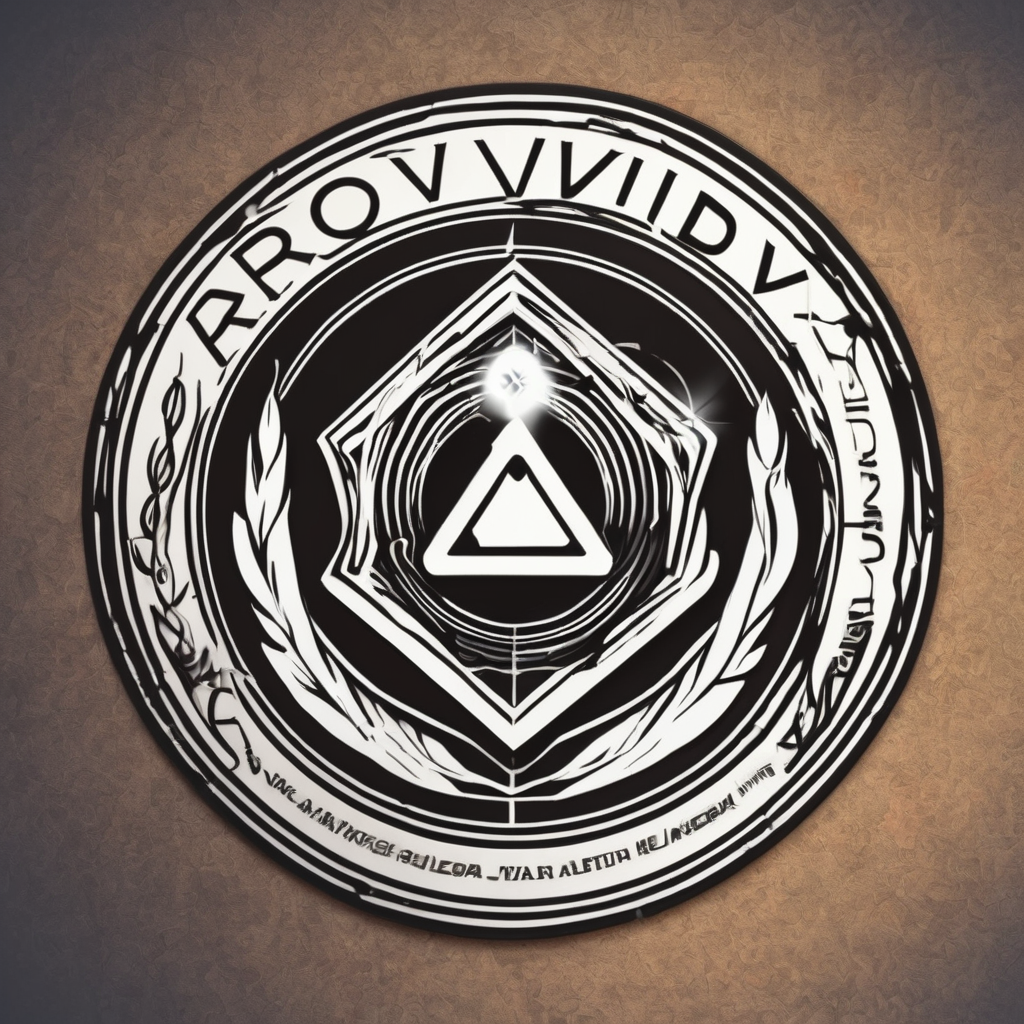In today’s fast-paced digital era, remote work has become a cornerstone of professional life, offering flexibility and access to global talent. However, maintaining effective team collaboration and efficiency can be challenging for remote teams in the UK. To ensure your remote team thrives, it’s essential to adopt best practices that foster communication, collaboration, and productivity. This article will guide you through the most effective strategies to enhance your remote team’s workflow and cohesion.
Establish Clear Communication Channels
Effective communication is the bedrock of a successful remote team. Without clear, structured communication channels, misunderstandings and delays can disrupt your workflow.
In the same genre : How Can UK Financial Advisors Use Behavioral Finance to Better Serve Their Clients?
Utilize the Right Communication Tools
To keep everyone on the same page, it’s crucial to leverage communication tools that cater to your team’s needs. Tools like Slack, Microsoft Teams, and Zoom offer real-time messaging, video conferencing, and file sharing. These platforms help remote workers connect effortlessly and stay updated on project developments.
Moreover, encourage your team to use these tools consistently. For instance, Slack can be used for daily check-ins, while Zoom can facilitate weekly meetings. By establishing clear expectations around tool usage, you create a cohesive communication strategy that minimizes confusion and enhances collaboration.
Also to see : Maximize business efficiency with commercial solar energy solutions
Foster a Culture of Open Communication
Encouraging open communication within your team is equally important. Create a safe space where team members feel comfortable sharing their ideas, challenges, and feedback. This openness can be fostered through regular one-on-one meetings, anonymous feedback forms, or even virtual team-building activities.
By valuing each member’s input, you build a more inclusive and engaged team, which in turn boosts overall productivity and morale.
Embrace Advanced Collaboration Tools
For remote teams to function seamlessly, utilizing advanced collaboration tools is vital. These tools streamline project management, document sharing, and real-time collaboration, ensuring that all team members are aligned and productive.
Project Management Platforms
Project management tools like Trello, Asana, and Monday.com facilitate organized and efficient workflow management. These platforms allow you to assign tasks, set deadlines, and track progress in real-time. This transparency ensures that all team members know their responsibilities and can manage their time effectively.
Cloud-Based Document Sharing
Cloud-based tools such as Google Drive and Dropbox are indispensable for remote teams. They provide easy access to shared documents, enabling team members to collaborate on projects simultaneously. This real-time collaboration reduces delays and enhances productivity, as employees can work together seamlessly, regardless of their physical location.
Integration of Tools
Integrating your collaboration and communication tools can further enhance efficiency. For example, integrating Slack with Trello can streamline task management and communication, eliminating the need to switch between platforms. This integration saves time and reduces the risk of miscommunication or overlooked tasks.
Implement Effective Time Management Practices
Time management is a critical component of remote work. Without a structured approach, remote employees may struggle to balance their workload, leading to decreased productivity and burnout.
Set Clear Expectations
Establishing clear expectations around working hours, deadlines, and deliverables is essential. This clarity helps remote workers manage their time more effectively and ensures that projects are completed on schedule. Regular check-ins and progress updates can also help keep everyone accountable and on track.
Encourage a Healthy Work-Life Balance
Promoting a healthy work-life balance is crucial for maintaining morale and productivity within your team. Encourage employees to set boundaries between work and personal life, such as designated work hours and breaks. Providing resources on time management and stress reduction can also support your team in maintaining their well-being.
Use Time Management Tools
Time tracking tools like Toggl and Clockify can help remote workers monitor their productivity and manage their time more effectively. These tools provide insights into how time is spent on different tasks, enabling employees to identify areas for improvement and optimize their workflow.
Foster a Strong Team Culture
Building a strong team culture is essential for remote teams. A positive culture fosters a sense of belonging and motivation, driving collaboration and efficiency.
Virtual Team Building Activities
Regular virtual team-building activities can help strengthen bonds among team members. These activities can range from online games and quizzes to virtual coffee breaks and happy hours. The goal is to create opportunities for remote workers to connect on a personal level, enhancing team cohesion and collaboration.
Recognition and Appreciation
Recognizing and appreciating your team’s efforts is crucial for maintaining morale and motivation. Simple gestures such as shout-outs during meetings, virtual thank-you notes, or even small rewards can go a long way in making your team feel valued. This recognition fosters a positive work environment where employees are motivated to contribute their best.
Provide Opportunities for Professional Development
Investing in your team’s professional development demonstrates your commitment to their growth and success. Offer access to online courses, webinars, and workshops that align with their career goals. This investment not only enhances their skills but also promotes a culture of continuous learning and improvement.
Implement Robust Management Practices
Effective management is key to ensuring your remote team operates smoothly and efficiently. Adopting robust management practices can help you navigate the unique challenges of remote work.
Regular Check-Ins and Updates
Regular check-ins and updates are essential for keeping your team aligned and informed. Schedule weekly or bi-weekly meetings to discuss project progress, address any challenges, and provide feedback. These meetings can be conducted via video conferencing tools like Zoom or Microsoft Teams, ensuring that all team members stay connected and engaged.
Transparent and Consistent Communication
Maintaining transparent and consistent communication is vital for building trust and accountability within your team. Share important updates, decisions, and changes promptly, and ensure that all team members are informed. This transparency fosters a sense of trust and collaboration, enabling your team to work more effectively.
Utilize Management Tools
Management tools like Basecamp and Jira can help you streamline project management and team collaboration. These tools provide a centralized platform for tracking tasks, managing deadlines, and communicating with team members. By leveraging these tools, you can enhance your team’s productivity and ensure that projects are completed efficiently.
Enhancing collaboration and efficiency within remote teams requires a strategic approach that encompasses effective communication, advanced collaboration tools, time management, team culture, and robust management practices. By adopting these best practices, you can create a cohesive and productive remote team that thrives in the digital age.
In summary, leveraging the right communication and collaboration tools, promoting a healthy work-life balance, fostering a strong team culture, and implementing robust management practices are essential for enhancing remote team collaboration and efficiency. As remote work continues to evolve, staying ahead of these best practices will ensure your team remains connected, productive, and successful.
By integrating these strategies into your remote work framework, you not only boost collaboration but also create a more engaged, motivated, and efficient team. Achieving this balance is key to navigating the challenges and reaping the benefits of remote work in the UK and beyond.











